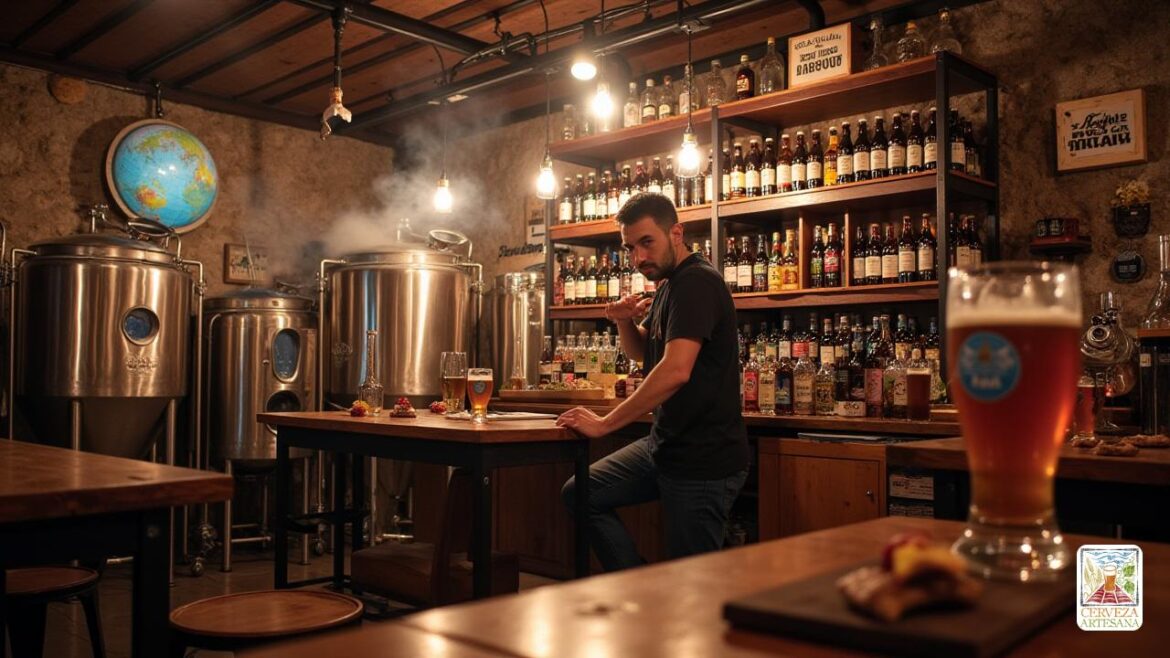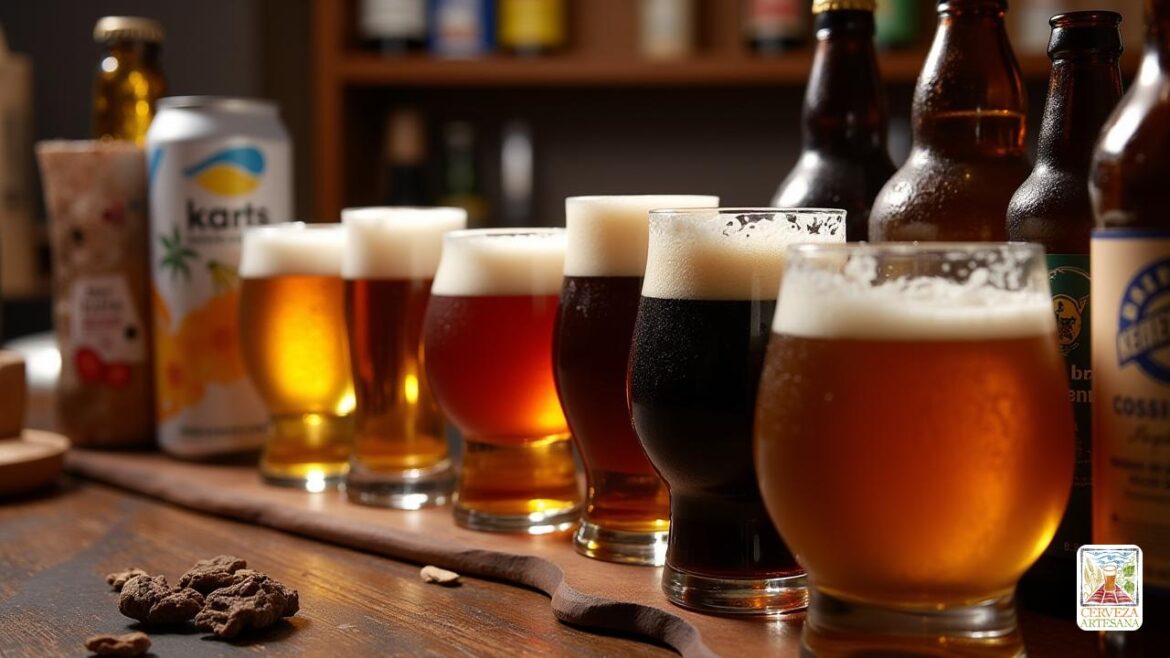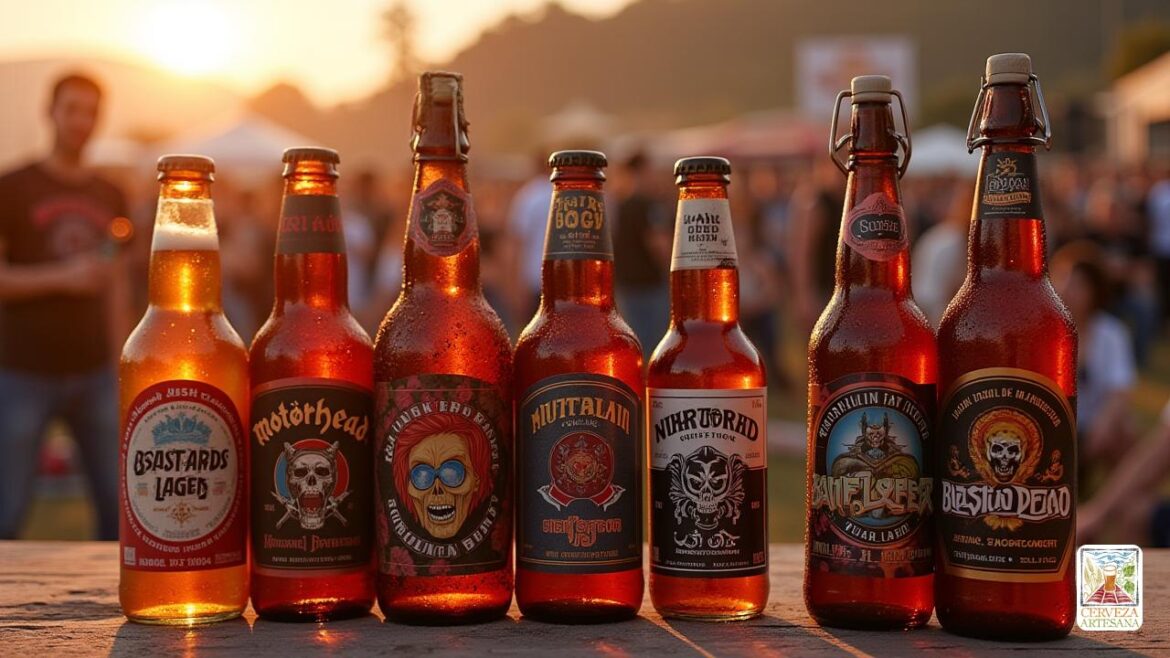A huge brewing banquet
If you thought there was a limit for the number of breweries on the planet, think about it again! An epic study by Alltech and The Breweers Journal reveals that there are already more than 19,000 breweries in different corners of the world. And the vast majority of them are artisanal! With an amazing 94% of the total, these small beer giants are delighting palates in 209 countries.
The rules of the game: What is an artisanal brewery?
Maybe you are wondering if the breweries you find in your neighborhood qualify as ‘artisanal’. According to the study, a brewery enters this category if it has less than 30 employees and produces less than 5,000 hectoliters per year, or if more than 50% of its property is private. So that little bar that you like so much could be on the list of the chosen ones.
Growing by leaps and bounds
The craft beer current is not just a passenger fashion; It is transforming the experience of pubs and bars worldwide. In the United States and the United Kingdom, the growth of artisanal breweries exceeds 10% per year, and this only adds ingredients to a success recipe that benefits all: from elaborators to consumers.
The beer stars
USA But, attention! If we talk about per capita breweries, the United Kingdom takes the trophy: there are 25 breweries per million inhabitants, surpassing its US competitors (15) and Germans (16).
Causes of this phenomenon
Tim Sheahan of The Brewers Journal comments that the reason behind this explosive growth lies in favorable legislation. In the United States, the big change came in 1978 when Jimmy Carter allowed the elaboration of beer at home after years of prohibition. In the United Kingdom, the situation improved in 2002 thanks to a tax reform that reduced taxes for small producers.
Craft beer: a global distinction seal
Although the beer revolution began in the US, the phenomenon continues to expand by leaps and bounds by Europe and other parts of the world, now surpassing the producers of North America in total number. The countries that dominate the artisanal beer scene are currently USA., United Kingdom, Germany, Italy, Spain, France, Canada, Netherlands, Switzerland and Australia.
Final reflections
So, the next time you raise a glass of craft beer, you can do it with pride, knowing that you are supporting a vibrant global community and constantly evolving. With each sip, not only do you enjoy a golden liquid, but also support a movement that celebrates creativity, passion and artisanal work. Health for that!






